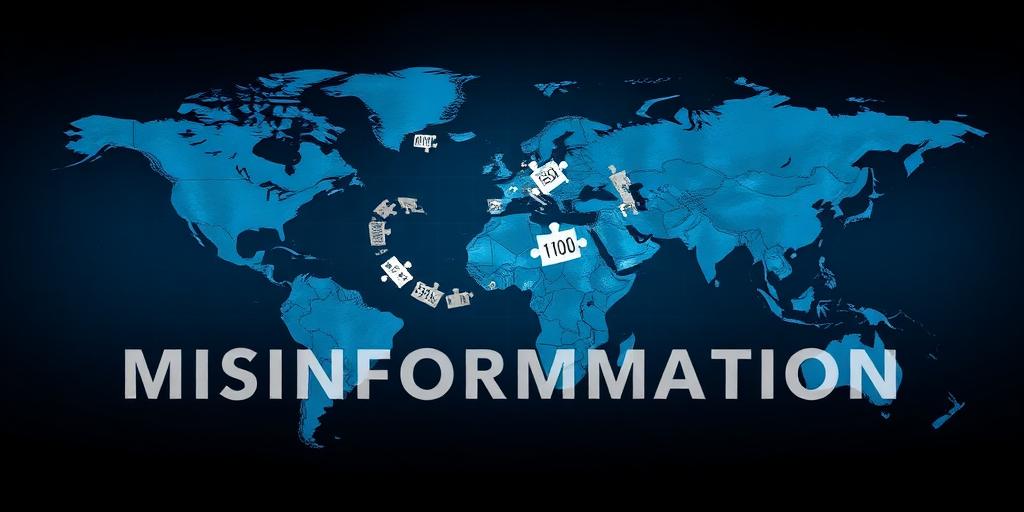International Relations and the Spread of Misinformation
In an increasingly interconnected world, the spread of misinformation poses a significant threat to international relations. The rapid dissemination of false or misleading information can influence public opinion, exacerbate tensions between nations, and even destabilize entire regions. This article examines the multifaceted relationship between international relations and the spread of misinformation, exploring the actors involved, the mechanisms through which it spreads, and the potential consequences for global stability.
The Actors Involved
Several actors contribute to the spread of misinformation in the international arena:
- State Actors: Governments may engage in disinformation campaigns to advance their geopolitical interests, undermine rival states, or influence public opinion abroad.
- Non-State Actors: These include individuals, organizations, and groups with various agendas, such as political activists, extremist groups, and commercial entities.
- Social Media Platforms: Social media platforms play a crucial role in disseminating information, both accurate and inaccurate, due to their global reach and rapid spread capabilities.
Mechanisms of Spread
Misinformation spreads through various channels and mechanisms:
- Social Media: Social media platforms are fertile ground for the spread of misinformation due to their algorithmic amplification, echo chambers, and the lack of editorial oversight.
- Online News Outlets: Some online news outlets may deliberately publish false or misleading information to generate clicks, promote specific agendas, or sow discord.
- Bots and Trolls: Automated bots and human trolls can amplify misinformation by spreading it widely, engaging in online harassment, and creating a false sense of consensus.
- Deepfakes: Deepfakes, or manipulated videos and audio recordings, can be used to create convincing but entirely fabricated content that can damage reputations, incite violence, or disrupt diplomatic relations.
Consequences for Global Stability
The spread of misinformation can have far-reaching consequences for international relations and global stability:
- Erosion of Trust: Misinformation can erode trust between nations, making it more difficult to cooperate on shared challenges such as climate change, pandemics, and economic stability.
- Increased Tensions: False or misleading information can exacerbate existing tensions between countries, leading to diplomatic crises, military conflicts, and even civil wars.
- Undermining Democracy: Misinformation can undermine democratic processes by influencing elections, discrediting legitimate news sources, and polarising societies.
- Threat to International Security: The spread of misinformation can be used to incite violence, recruit terrorists, and destabilize entire regions, posing a direct threat to international security.
Addressing the Challenge
Addressing the spread of misinformation in international relations requires a multifaceted approach involving governments, social media platforms, civil society organizations, and individuals:
- Media Literacy Education: Educating the public about how to identify and evaluate misinformation is crucial to building resilience against its harmful effects.
- Fact-Checking Initiatives: Supporting independent fact-checking organizations that can debunk false claims and provide accurate information is essential.
- Regulation of Social Media Platforms: Governments may need to regulate social media platforms to ensure they take responsibility for the content hosted on their sites and take steps to curb the spread of misinformation.
- International Cooperation: International cooperation is essential to address the transnational nature of misinformation. Governments should work together to share information, coordinate policies, and develop common standards for combating disinformation.
Conclusion
The spread of misinformation poses a significant challenge to international relations and global stability. By understanding the actors involved, the mechanisms through which it spreads, and the potential consequences, we can take steps to mitigate its harmful effects and promote a more informed and peaceful world.









